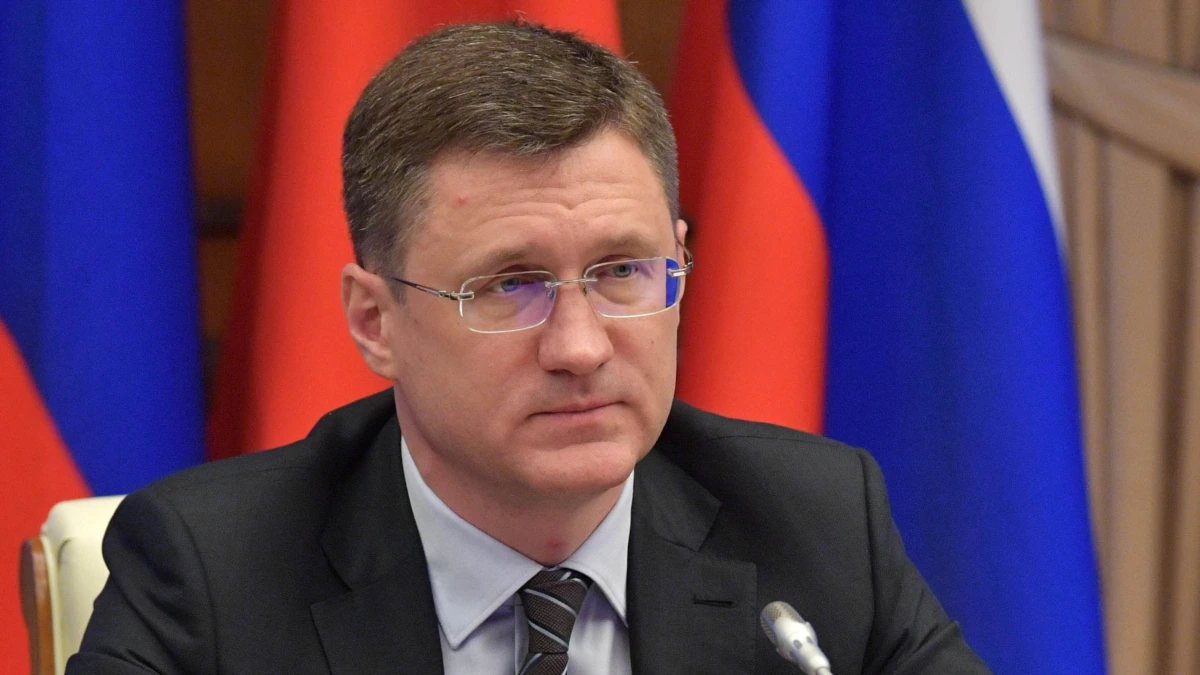
The OPEC+ group of oil producing countries, led by Saudi Arabia and Russia, has agreed to increase oil output gradually over the next months.
Signaling expectations of rising post-pandemic demand for oil, ministers noted in an April 1 statement “improvements in the market supported by global vaccination programs and stimulus packages in key economies.”
The OPEC+ group — made up of the Organization of Petroleum Exporting Countries and its allies, including Russia — has been coordinating about 7 million barrels per day (bpd) in production cuts to maintain prices in response to lower demand during the COVID-19 pandemic.
Under the latest agreement, OPEC+ countries agreed to increase production by 350,000 bpd in May, 350,000 bpd in June, and 450,000 bpd in July, Kazakhstan’s Energy Ministry said.
Iran’s oil minister, Bijan Zanganeh, confirmed the group would boost output by a total of 1.1 million bpd by July.
Russian Deputy Prime Minister Aleksandr Novak told the Rossia-24 TV channel that his country would increase oil production by 114,000 bpd in the May-to-July period within the OPEC+ framework.
However, with coronavirus case surges in Europe and elsewhere potentially impacting energy demand, Saudi Energy Minister Prince Abdulaziz bin Salman cautioned that any decision could be “tweaked” in the alliance’s monthly meetings.
Before the meeting, Abdulaziz said that “the reality remains that the global picture is far from even, and the recovery is far from complete.”
Saudi Arabia, which in previous OPEC+ talks had agreed to make steep cuts to maintain oil prices, will phase out its additional voluntary cut by 250,000 bpd in May, 350,000 bpd in June, and 400,000 bpd in July.
Oil prices have been on a run in the past six months, with benchmark WTI and Brent crude jumping from around $40 per barrel in November to above $60 today.
Novak was more optimistic about rising demand.
“Today, there are figures that are much more positive concerning the market, including the level of stocks, which have considerably fallen as demand increases,” Novak said.
“Vaccination is already yielding positive results so that demand is recovering,” he added.
